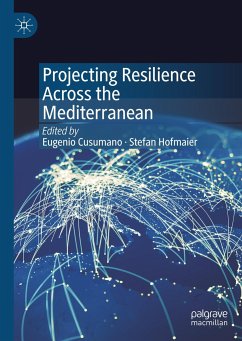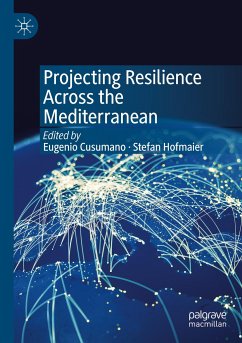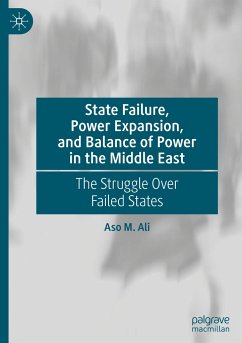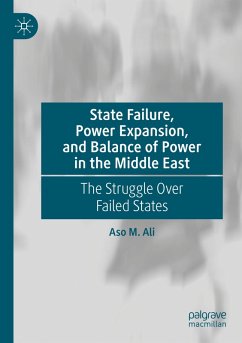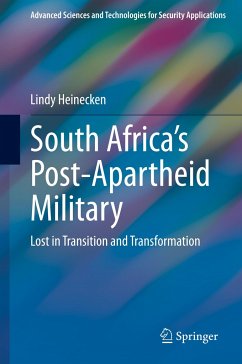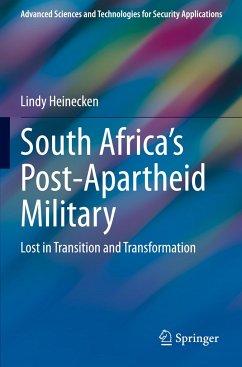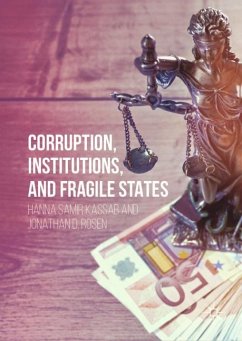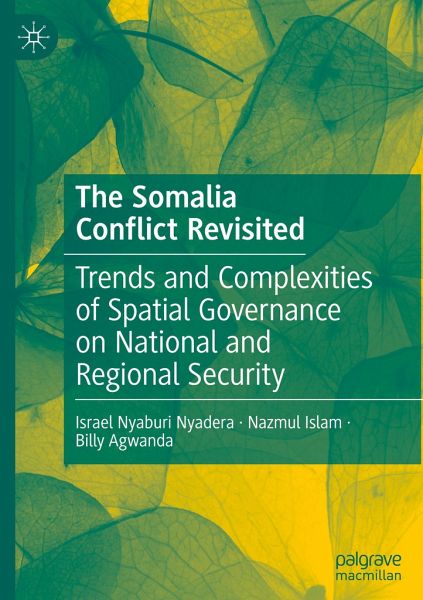
The Somalia Conflict Revisited
Trends and Complexities of Spatial Governance on National and Regional Security
Versandkostenfrei!
Versandfertig in 6-10 Tagen
91,99 €
inkl. MwSt.
Weitere Ausgaben:

PAYBACK Punkte
46 °P sammeln!
This book aims to examine how informality of spatial governance has influenced the evolution of the conflict in Somalia and the region. It not only reopens the debate over how the irregular conflicts can transcend national boundaries, but also presents the complexities of spatial governance on national and regional security. The book examines how socio-political and identity bonds play out in spatial governance sometimes resulting to informal control of vast national territories. The book argues that such informally governed spaces increase the level of security threat vulnerability at the nat...
This book aims to examine how informality of spatial governance has influenced the evolution of the conflict in Somalia and the region. It not only reopens the debate over how the irregular conflicts can transcend national boundaries, but also presents the complexities of spatial governance on national and regional security. The book examines how socio-political and identity bonds play out in spatial governance sometimes resulting to informal control of vast national territories. The book argues that such informally governed spaces increase the level of security threat vulnerability at the national and regional levels. The book therefore adds to the existing literature which has not only to be dominated by discourses on the impact of identity on the conflict but also fall short of connecting the impact of informal spatial governance on security. Examining how informality in governance in one country can impact on the security of an entire region is a key consideration in emerging peacebuilding strategies.






